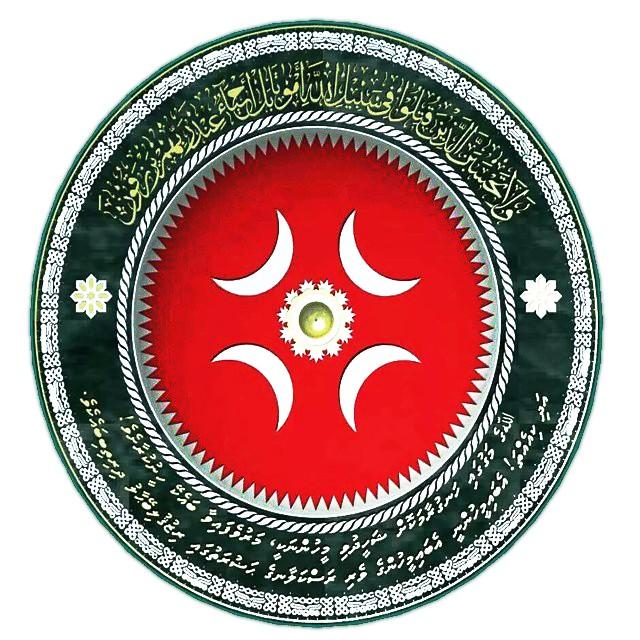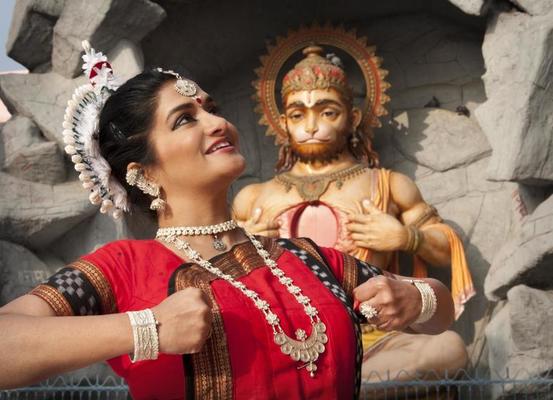Indian Hegemonic designs and Maldivian Maritime Security – Is the Island facing Indian Threat
By Afshain Afzal
Today on the 3rd of November, Maldives is celebrating Victory Day. The day marks 3rd November 1988, a dark chapter in Maldivian history as an Indian intelligence sponsored unprovoked attack took the lives of 19 locals and injured many others. The attempt was to assassinate Maldivian President Maumoon Abdul Gayoom as on 11 November 1988, he was to be installed for his third five-year term.
A 1982 report published by the Central Intelligence Agency (CIA) read that India has been pursuing a foreign policy of maintaining hegemony over its neighbors since becoming an independent state in 1947. The report also claimed that the effects of the Indian military have been well-established in these neighbor-states. Interestingly, the CIA report proved true as since aftermath of the 3 November 1988 attacks in Male; India had stationed military personnel in the country and had refused to withdraw despite the requests of the Maldivian government. Many analysts say that those who staged 1988 attacks were funded and terrorists trained by India. Presently, India is all set to establish two permanent military bases in Maldives.
File Photo
Why India planned terrorist operation in Maldives in 1988 to assassinate Maldivian President and then staged a drama to overcome and kill attackers, resolve around Indian official repeated announcements that the Indian navy and the Special Forces were ready to invade the Maldives and establish order. Indian historians says Maldives was part of India. It is on record that in the recent past too, BJP leader, Dr Subramanian Swamy, warned that India would be forced to invade the Maldives if the 2018 presidential election were to be rigged. Last year in November, Indian Chief of the Army Staff (COAS) General Manoj Mukund Naravane was given presentation by the Indian Army's Southern Command that New Delhi intends to establish a military base in Assumption Island on the line as it did in Seychelles. India has already established police training academy in the southernmost part of Maldives at Addu City. Indian military strategists have concluded that Addu City will be Indian defence line against China to check mate Hamantota through the presence of Indian Navy and Coastal Guards at Maldivians maritime territory. In a recent development India and Maldives signed two agreements for enhancing the capability of the Defence Forces of the Maldives in exercising jurisdiction and undertaking maritime surveillance of its Exclusive Economic Zone. This was as follow up of February 2021 agreement of extending US $ 50 million credit line for defence projects was signed between the Finance Ministry of Maldives and the Export Import Bank of India including construction of Coast Guard Harbour & Dockyard at SIFAVARU.
The fact cannot be denied that Article 251 of 2008 Maldivian constitution which prohibits foreign ownership and foreign military purposes is still valid. The amendment of 22 July 2015 that allows foreign ownership of land has been misinterpreted. It provides that in order for foreigners to own freehold land, they must meet certain criteria, including that the project built on the land must be approved by Parliament, there must be a minimum investment of $1 billion “in the territory of the Maldives,” and upon the project’s reaching completion, “at least 70 percent of the land must have been reclaimed from the ocean and [be] visible at medium tide.” It is all a business permission and not allowing military presence in Maldives. However, Male still need to be careful not to compromise its sovereignty.
India surprised many Asian and African countries when it extended aid, credit and loan worth millions of US dollars. Indian itself is a poor country then how it is able to invest so much in other countries. The fact cannot be denied that US, Israel, Britain, Norway and other major countries which are carrying out multilateral agreements with India as copartner to execute the missions of these countries, mostly aiming to bring secularism and extinct Islam, its culture and heritage from everywhere. A month ago outgoing Indian Ambassador Sunjay Sudhir signed eight Memorandums of Understandings (MoUs) with Government of Maldives under Indian grant assistance scheme for High Impact Community Development Project (HICDP) through local bodies. The projects launched under the MoUs will contribute significantly to socio-economic development, livelihood activity, conservation of environmental and cultural heritage, empowerment of women and child welfare and skills development. The projects launched were initially signed between the two governments on 17 March 2019, for Maldivian Rufiya 85 million – which were later renewed with an increment up to Maldivian Rufiya 155 million on 23 July 2021. The projects include the acquisition of two sea ambulances; strengthening inclusive education support units in three schools, development of an ice plant, Olympus hall upgrading project, construction of a multi-purpose council building, construction of Dhangethi Cultural Centre to introduce Hindu culture and installation of street lights. Additionally, twelve projects are currently underway, under this grant scheme. They include the establishment of fish processing plants, development of tourism zones in Hithadhoo, Feydhoo, Maradhoo, Meedhoo and Hulhudhoo of Addu City; agricultural and establishing a Drug Detox Centre in Addu City.

File Photo
It would surprise many that Maldivian constitution is most powerful Islamic constitution in the world which provides religion of the State of the Maldives as Islam, guarantees to all persons the rights and freedoms that is not contrary to any tenet of Islam. It states that no person shall be found guilty of any act or omission which did not constitute an offence under Islamic Shari'ah or law at the time committed. Only Muslim and a follower of a Sunni school of Islam can be the parliamentarians and judges and occupy other important positions. It is the responsibility of every citizen to preserve and protect the State religion of Islam, culture, language and heritage of the country.

File Photo
The fact cannot be denied that India and western partners intend to bring Hindu and secular culture and traditions in Maldives. India strategists claim they would revive what the 14th century traveler Ibn Battutah recorded about Maldivian women, “I strove to put an end to this practice and commanded the women to wear clothes, but I could not get it done.” India claims it is their culture. The Indian Council for Cultural Relations (ICCR) located at Nikagas Hingun, Male is slowly and gradually penetrating into the Maldivian Islamic traditions, culture and heritage by offering incentives like military training in India and scholarships to Maldivians. Some of the Maldivians citizens have reportedly married Hindu girls in India during their trainings. With such developments and Indian ingress in Maldivian population, Male needs to be careful from Indian slogans of common civilizational roots and cultural affinities and must preserve its own identity by not allowing foreign culture and heritage to invade Maldives.
Leave a comment
Make sure you enter all the required information, indicated by an asterisk (*). HTML code is not allowed.









